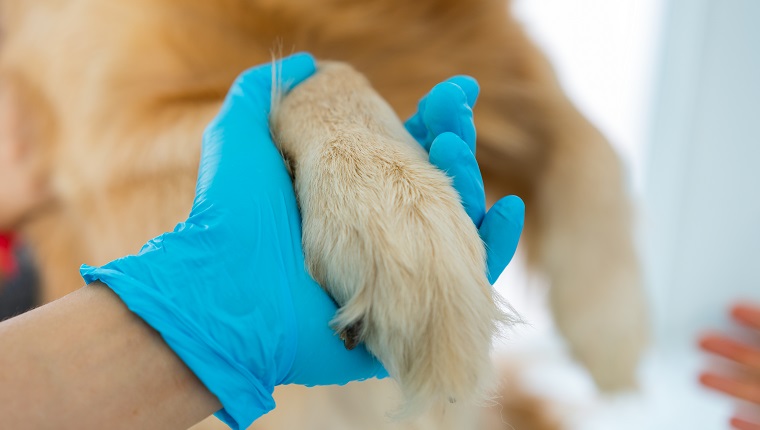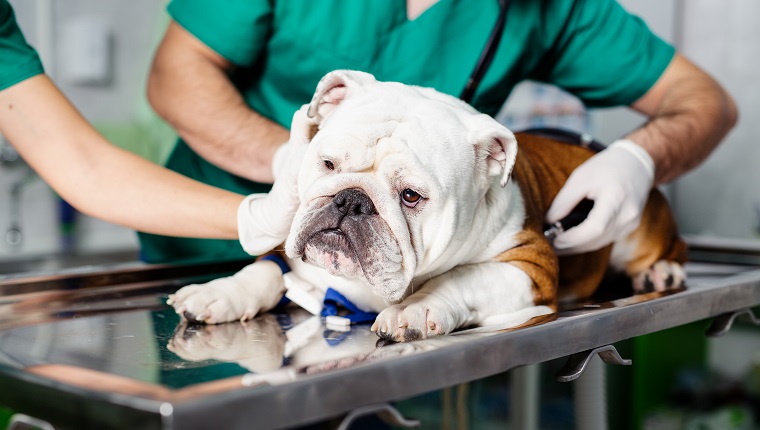Carcinoid cancer in dogs is a medical condition that involves the growth of neuroendocrine tumors. These tumors generally appear in a dog’s gastrointestinal tract and are formed by nervous system cells and endocrine cells.
This type of cancer is relatively rare in dogs; although, the condition is more prevalent in dogs who are nine years old and above.
If you see signs that your dog might be developing tumors, then you must consult your veterinarian for a proper diagnosis and course of treatment. Here’s what you should know about the symptoms, causes, and treatments of carcinoid cancer in dogs.
Symptoms Of Carcinoid Cancer In Dogs
Carcinoid cancer in dogs can result in a number of symptoms. Some of the most common symptoms include:
- Vomiting
- Heart disease
- Dyschezia (painful defecation)
- Constipation
- Losing weight (and anorexia)
Causes Of Carcinoid Cancer In Dogs

Researchers have not yet found the precise cause of carcinoid cancer in dogs. However, some of the factors that are commonly suggested as contributory causes include:
- Infections
- Genetic issues
- Radiation expose
- Chemical exposure
- Hormonal issues
In general, this type of cancer affects older dogs more often than younger dogs and puppies.
Veterinary Treatments
Diagnosing carcinoid cancer in dogs can be tricky because many of the standard blood and urine tests will show normal results. Vets sometimes use ultrasound imaging to confirm a diagnosis, but taking a biopsy of any affect tissue remains the most conclusive way to confirm a case.
When it comes to treatment, vets often suggest the surgical removal of any tumors.
If your dog goes through a surgical process to remove a tumor, then it is important that you keep up regular visits with your vet to accurately monitor the state of the condition and the health of your dog.
Has your dog developed carcinoid cancer? What kind of treatment does your veterinarian recommend? Tell us all about it in the comments below.




